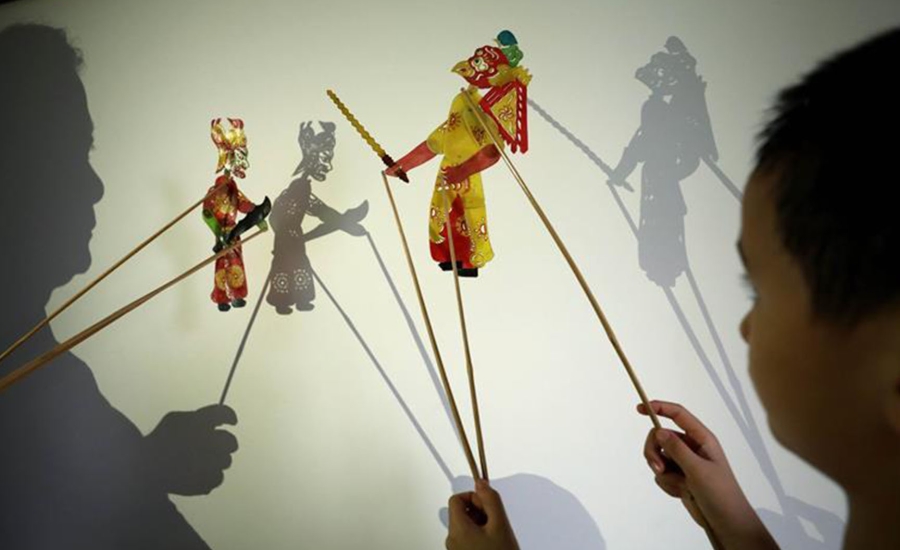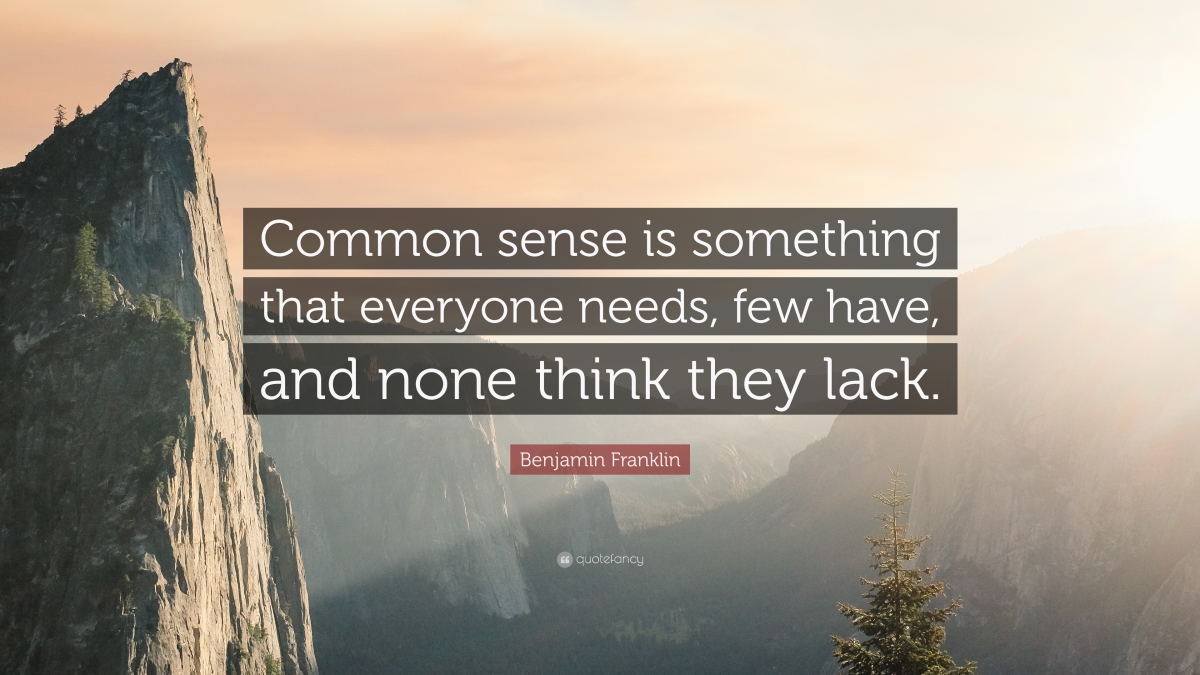Racism or Framing
First principle
Individual people should always primarily be judged by their character, as expressed by their genuine intended actions based on their beliefs and attitudes.
This demands the responsibility to approach individuals with an open mind and understand that building a perception of character takes time.
Culture versus Ethnicity
Having laid out this first principle, when discussing culture, which is formed by the predominant traits and attitudes of a group, individual exploration of character is ignored. When an individual is a member of a certain cultural group, it does not mean he/she holds these dominant attitudes as the individual could be the exception, but of course it is likely he/she will. And when talking in the context of migration an individual can change his/her beliefs and attitudes to the culture of their new country. (assimilation)
Whilst there is a strong correlation between culture and ethnicity, especially when discussing national cultures. However, in the context of an immigration debate, certainly in countries that have a history of predominant expansion of their population by immigration, this correlation between ethnicity and certain cultural traits gets blurred.
The post WWII immigration was characterized by a strong desire of immigrants to become part of their new home and to assimilated into Australia. Many children of post WWII migrants don’t speak the language of their parents as they in general had the attitude to assimilate and spoke English with their kids at home.
Racism
Racism is ignoring first principle and judging based on ethical appearance traits the character of an individual. This is often based on negative first experiences with certain immigrant cultures or just hearsay.
In the public debate about immigration, a hot topic in most Western countries, criticisms about immigration policies are often immediately linked to racism.
Is that justified?
Is it the Immigrant or the Government?
The gateway on immigration is controlled by government policy. Who, what skills, what culture and how many is under our government control. Where Australia was renowned for stemming people smuggling and skilled migration policies, these principles seem to be forgotten.
The unprecedented high immigration numbers last few years have exacerbated the housing shortage, the shortcomings on infrastructure and the pressure on health services. Any pretence that the housing crisis can be solved on the supply side whilst expanding government bureaucracies, which only produce rules and regulations, inhibiting productivity, is utterly naïve. The easiest quickest common sense solution to the housing crisis is a temporary immigration moratorium.
Any criticism on immigration policies is criticism of government not criticism of immigrants. Most people understand the opportunistic drive of immigrants to enjoy the lifestyles in our beautiful country, but the policy should enable that that enjoyment remains available for everyone.
Racism or Culturalism
According to Albo multi-culturalism is part of Australian culture. When you see that this is in fact an oxymoron, you understand that multi-culturalism is left-wing ideology propaganda. And when you criticize the concept of multi-culturalism, it will definitely be framed as racism by many. Why?
Is discussing the compatibility of cultural norms and values a matter of judging individuals based on ethnic appearance? When discussing culture you are talking about average attitudes of groups. It is a valid discussion to be wanting to talk about what norms and values are the predominant ones within Australian society and which ones should remain predominant.
Assimilation versus Integration
How should a society cope with differences in values and attitudes of newcomers? Should newcomers assimilate and adapt to the culture of the indigenous population?
Should both newcomers and indigenous population adapt to each other? (Integration) But the concept of integration is of course a very broad concept and to find the right balance, it needs debate.Or should we just mix people with diverse norms and values and integration will happen organically?
If you are forced to change your fundamental values will that go organically? Or will that lead to violent conflict? Rhetorical questions or not?
Maybe minimizing the diversity mix is a sensible option to avoid conflict in the first place. But ‘diversity is strength’ is the popular slogan. Is that a platitude poised as a universal truth or is it valid to question that ‘it depends’?
When talking integration, to what level should the indigenous population adapt their norms and values to the newcomers? Is it bad that we integrate the enjoyment of different cultural foods and develop a national fusion cuisine?
Should it stop there?
Or should all Australian women start wearing a head scarf not to arouse muslim men?
Any level of integration also demands a level of assimilation. To avoid conflict the government must set clear norms for the values were we expect assimilation. ‘You are welcome but you must accept that in this country open homosexuality is not frowned upon’ Is that fair or islamophobic?
To debate to what level norms should be adapted to newcomers or to indigenous cultures has nothing to do with judging based on colour of somebody’s skin. It is in fact essential to remain social cohesion.
Value Differences
Fundemental differences in Values
There are many concepts in which cultural differences are being classified, such as individualism versus collectivism, but given the historical immigration into Australia the predominant norms are driven by Judeo-Christian culture. There are of course fundamental differences in values with for example Islamic cultures. The attitude towards the position of women in society springs to mind.
Islamic concepts like Jihad (holy war) and Taqiyya (religious allowed deception) are in sharp contrast to Judeo-Christian virtues of non-violence and honesty.
That these concepts are easily weaponised by muslim extremists is not an irrational fear. Stifling debate on the cultural differences between Judeo-Christian and Islamic cultures by demonising any criticism of islamic cultures as islamophobic is also a disingenuous argument. If you aim for maximum integration possible where the indigenous culture adapts to newcomers to a fair level, you must be clear about what value differences are tolerated, and which are not.
Demonising debate by labelling any criticism as islamophobic will also have the result that it hinders any integration.
Day to day unease
Discussing broad concepts is one, but for the average Australian in day to day life there is an unease with cultural differences. Is that racism or a matter of different norms. Just aks yourselves are you comfortable with the following situations. Is that part of Australian culture?
With the usual suspects of neighbourly disputes and annoyances; the contribution to the common neighbourhood appeal, the overhanging branch, the loud music, the party to loud to late, the ever barking dog, etc. Trying to resolve issues is hard enough for many, now add the factor that they don’t speak a word English!
Your year-12 daughter goes with a group of school girl-friends to the mall for an afternoon, they a continuously followed by the father of one of the girls, because she must be chaperoned.
You notice that your neighbours never do anything with their children. They always just wander the streets. Luckily for them they are not alone and these kids all gang up.
You start a friendly chat with your neighbour, but she completely ignores you and he starts yelling to her in a foreign language.
You notice that the 12 year old boy of your neighbour has a certain destain for your 20 year old daughter and is even rude to his elder sister.
Your son is in love with somebody and they really like each other, but the girl is promised to some cousin she never met. And the story could even become worse; If she would run of with somebody else, her life might even be in danger.
Is DV, portraited as a mayor Australian problem by MSM, helped by importing cultures that have a less egalitarian approach to the position of women?
Have the debate on fundamental values or kill the debate
Racist and divisive?
Is discussing these points a matter of judging individuals based on their ethnic appearance? No, these are valid debating points on values and what we expect to be the norm. It is essential to discuss cultural aspects if you love the society you live in and want to keep it that way.
The claim that criticism of the multi-cultural dream is divisive and bad for social cohesion is Orwellian upside down speak. It is common sense that if you import groups with certain norms and values that collide with norms and values of the original group without any expectation of assimilation that this will lead to social disparity.
Stop Racism Framing
Criticising government immigration policies is not racism and criticising multi-cultural ideology is not racism.
The proponents of mass immigration and multi-culturalism seem to think that if we just avoid any discussion, the real underlaying moral clashes will not take place in day to day society. By the unwillingness to debate the issues the social cohesion is not served (on the contrary!)
By demonising any criticism, you will contribute to polarisation and this will lead to extremism. Demonising criticism will also feed real racism.
The real question is which side is radicalising harder.
Stop Racism Baiting
The relentless demonising of any criticism on immigration policies or the multicultural dream as racism in fact redefines the term racism.
Apparently, racism is when you strive for maximum social cohesion by stimulating shared fundamental norms and values.
People should not be afraid to be labelled racist by speaking out on Australian values. It is the norm for the left. When you speak out you can expect to labelled as such and the attitude of critics should change to take it as a badge of honour.







